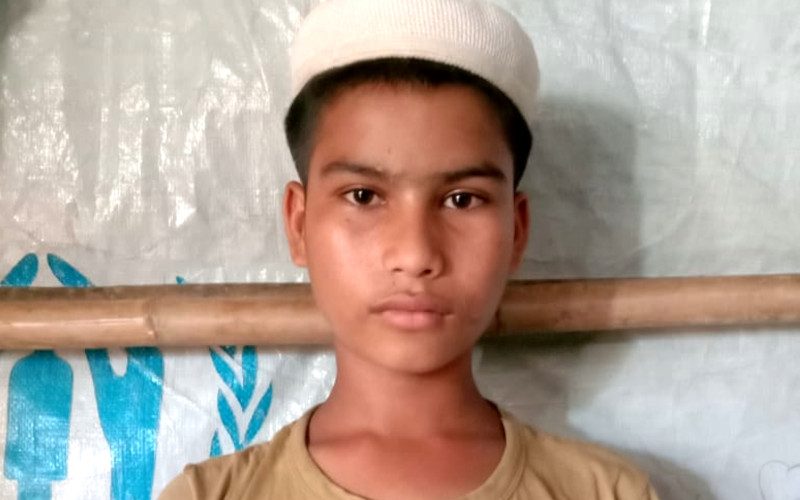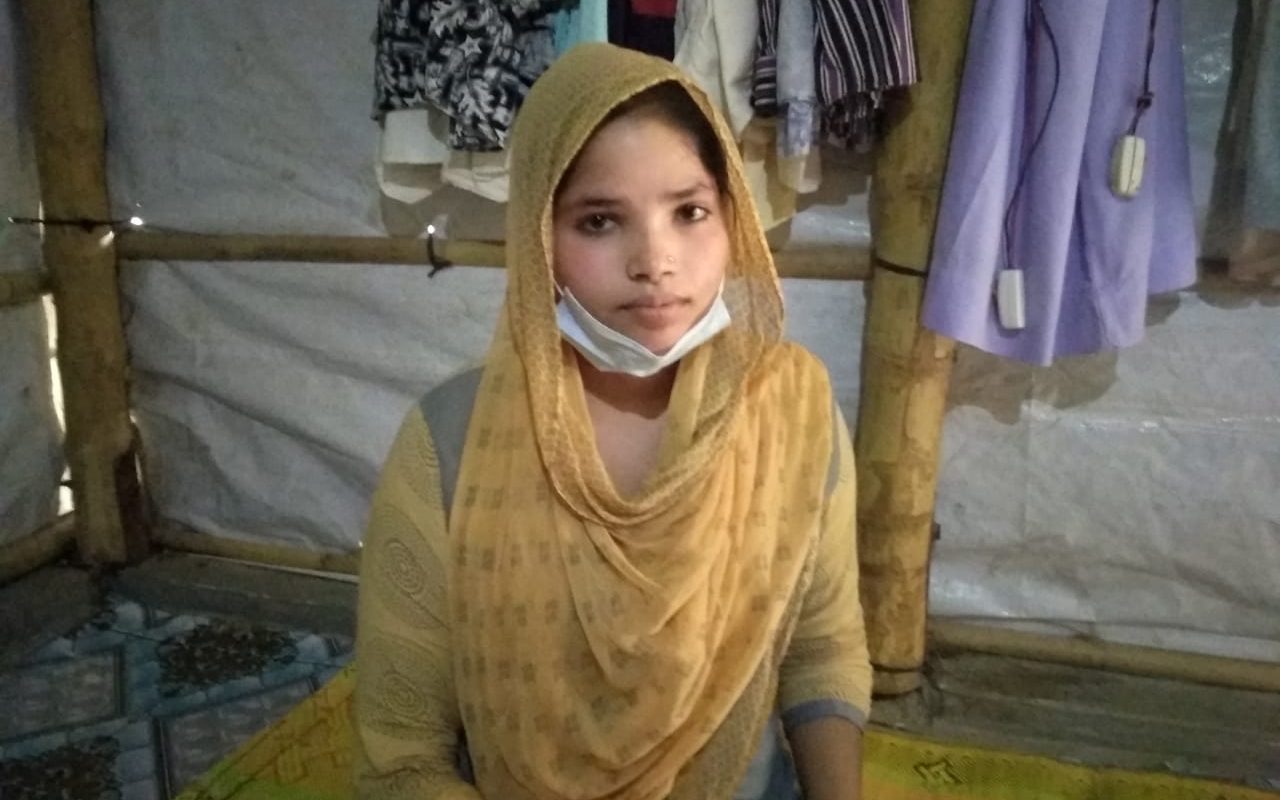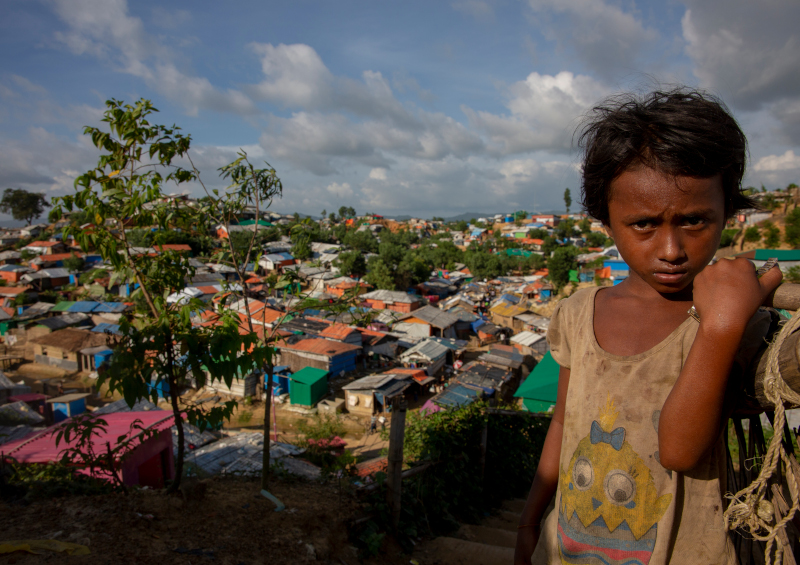Every year, it is estimated that 400,000 children are born into the life of a refugee.
In addition to suffering the trauma of being forced to leave their homes, young refugees face many threats to their wellbeing: exclusion from education and healthcare, limited access to food, water and shelter, and the daily risk of violence.
Meg Gardinier, Secretary General of ChildFund Alliance, says: “At ChildFund, we are committed to upholding the rights of children who have been displaced. Our members are currently working to provide life-saving humanitarian assistance to refugee populations in Bangladesh, Haiti, Moldova, Syria, and other countries around the globe.
“These are too often the world’s forgotten crises. Children and families are forced to put their lives on hold, unable to return their homes, while also being prevented from reestablishing their lives in a new country.”
World Refugee Day
World Refugee Day is marked on 20 June every year and is an opportunity to honor people who have been forced to flee their home countries to escape violence and persecution.
Today, we highlight the stories of Rohingya young people. In 2017, following armed attacks and sectarian violence, thousands of families living in Myanmar were forced to cross the Naf River to reach Cox’s Bazar. This would soon become one of the world’s largest refugee camps.
ChildFund Alliance member Educo, with the support of ChildFund Australia, ChildFund Korea and Barnfonden, is implementing a range of initiatives in Cox’s Bazar to ensure children can continue to access one of the most important children’s rights: education.
Five years in a refugee camp
Momtazul was only 10 years of age when he arrived in Cox’s Bazar on foot with his family. Today he is 15 and one of more than 9,000 young people living in the camp.
“The military entered our village. They tortured the young and old men and killed them. One night, at dinner time, they came and attacked us. My family and I dropped everything and just ran.
“It took us seven days to get to the border. Then four months before they let us into Cox’s Bazar where they gave us shelter and food.”

Momtazul is taking part in Educo’s teen club, which helps young people understand their rights, provides guidance on how to report violations of these rights, and gives young people a space to connect, learn, and recover from their trauma.
He says: “Before arriving in Bangladesh, we couldn’t go outside for school or play. We were just afraid. Now I go to the learning center, play with my friends and little brother, help my mother with housework and learn in the club.
“When I see a child working, or when a child marriage is going to be organized, I inform Educo, and then they respond.”
A new mother
Rubina is also part of the Cox’s Bazar teen group. Her story is similar to Momtazul’s, except that today, at the age of 19, she is pregnant.
“I am 5 months pregnant and all I think about is protecting my baby. I got married a year ago. One day I found out that this youth group was being created. I asked my husband for permission to join.”
Everything Robina learns helps her raise her voice when an injustice is committed. “I promised myself that I would guarantee all rights to my children, whether they are boys or girls.

“I see that many children in the community are mistreated. I experienced the same thing and I did not have the opportunity to study. Since I have been part of the group, my duty is to save the boys and girls from any mistreatment.”
Learning new skills
Jamal, a classmate of Momtazul, is learning how to fix mobile phones. He says: “I had to drop out of school and go to work because my family had no income. But I saw a ray of hope when I learned about the Educo training.
“Since I was 7 years old, I played with the different parts of my parents’ mobile phone, trying to separate the pieces, and put them back together. Now I have a plan to train people in the community to maintain mobile phones in the future, so they don’t have to travel to the city and spend more money, just for maintenance.

“When I finish my training, I want to be independent and support my family financially by fixing mobile phones. Also, I will share my knowledge and learning with people in need in my community.”
